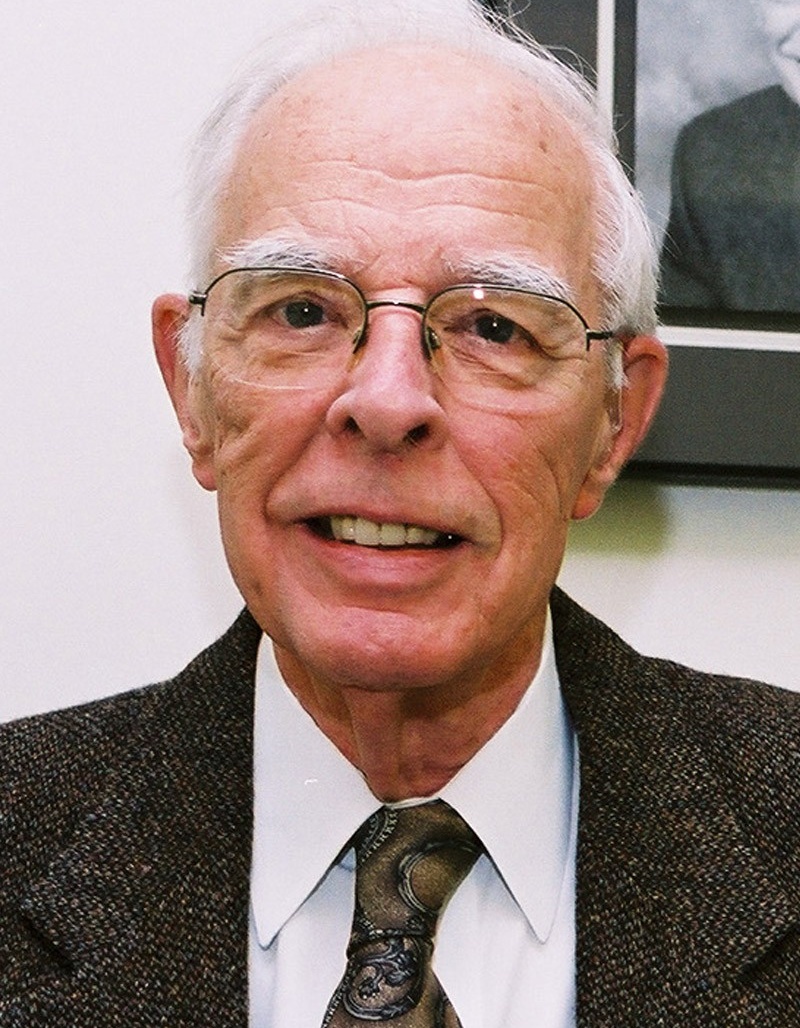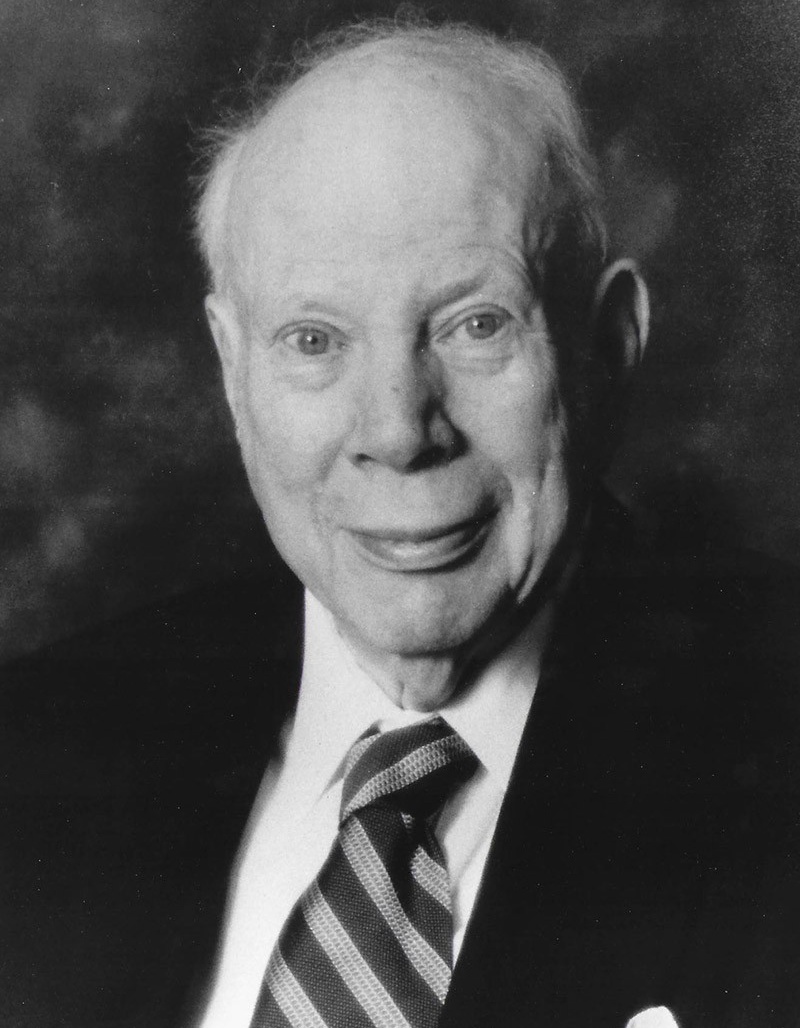A tale of two lunches

Joe Stewart’s brown bag
By J. Grant Hauber, BS ’48

Hauber
The University at Buffalo did not have dormitories in those days, so we all lived off-campus. Whether you were a native Buffalonian or you came from out of town, you got a room somewhere around the university and you walked to school. Or, if you lived farther away, you took the streetcar. None of us had cars.
I was living on a budget and allocated myself $1 a day for transportation and meals: fifteen cents for breakfast, five cents for lunch (which was a candy bar), twenty cents for bus fare, and sixty cents for my evening meal.
When winter set in we needed more calories. So Howard Paul and I would go into the coatroom in Lockwood Hall (now part of Abbott Hall and the Health Sciences Library) and we’d look in the larger-sized brown lunch bags. Joe Stewart lived at home and he usually brought three sandwiches, an apple and a couple of bananas. We’d take one of the sandwiches and maybe a banana. We would more or less borrow the lunch. I don’t think Joe ever missed it. It kept us going.
We didn’t give the bag back to him empty — you needed to have some consideration and, after all, the guy had to eat, too. And we vindicated ourselves: We would not violate the small bags.
Was it stealing? Not really. Was it borrowed? Yes. Was it ever paid back? Yes, by admitting it to Joe Stewart years later. I didn’t want to be an outright thief.
It was a different age but I’m sure there are students on campus today who are up against it the same way a number of us were years ago. I don’t think life changes that much; it’s just that now there are a lot more students and these kinds of problems are covered over, so you don’t see it.
Behind the scenes
By Tom Stewart, son of Joseph T.J. Stewart, BS ’48

Joseph T.J. Stewart
I read an article in a university publication about my father while he was at the University at Buffalo, where he resumed his education following his service in World War II.
The article indicated that portions of my father’s lunches were disappearing, and it brought to mind my recollection of his side of the story. It’s really pretty simple: My father had the very good fortune to have parents who had done well. He had gone to war, he returned alive and in good health, and he was very grateful for the blessings he had received.
From what I can gather, he would take his lunch to the university and leave it in a coatroom. This was a routine affair and common for most of the students. But after several weeks, portions of his lunch began to disappear. It wasn’t hard to miss.
Rather than becoming upset, defensive or selfish, my father decided to have a little fun with the whole episode. He went back home and asked to have the next day’s lunch made a little bigger. And so the second sandwich was placed in the bag, and sure enough, that disappeared. Over a period of time, the lunches became bigger and bigger.
Since my father was very trim and fit at that time, the person preparing the lunches was beginning to wonder where all the food was going.
All along my father knew, but he never told.
He knew that people had returned from the war to find themselves in circumstances not as favorable as his. So the lunches were an act of his quiet benevolence, if you will, in terms of providing for people who he figured probably weren’t eating very well. He never viewed it as theft, and felt he was just meeting people’s needs. The only mystery for him was that he never knew how many people he was helping. As for the admission afterwards, he never mentioned it to me, but that is not surprising. Dad always taught us to “look for something good in everyone.” He practiced what he preached.
For me, this story is a wonderful kind of benchmark, because it defines his life. You can look at what he did for UB in terms of his endowment gift, and for other charities in which he participated. He was very quiet and modest, always behind the scenes, but with a profound impact in terms of putting his thumb on the exact need, at the right time and place.
Both Hauber and Stewart went on to successful careers in business and became generous benefactors to the School of Management. When plans for the school’s Alfiero Center were conceived, Hauber and his wife, Marcia, made a campaign-opening gift of $500,000. Stewart received UB’s Samuel P. Capen Award in 1999, recognizing his meritorious contributions to the university, which included, with his wife, Sally, endowment of UB honors scholarships and creation of a technology-development fund. Though both Hauber and Stewart are now deceased, their legacies continue to benefit today’s students.